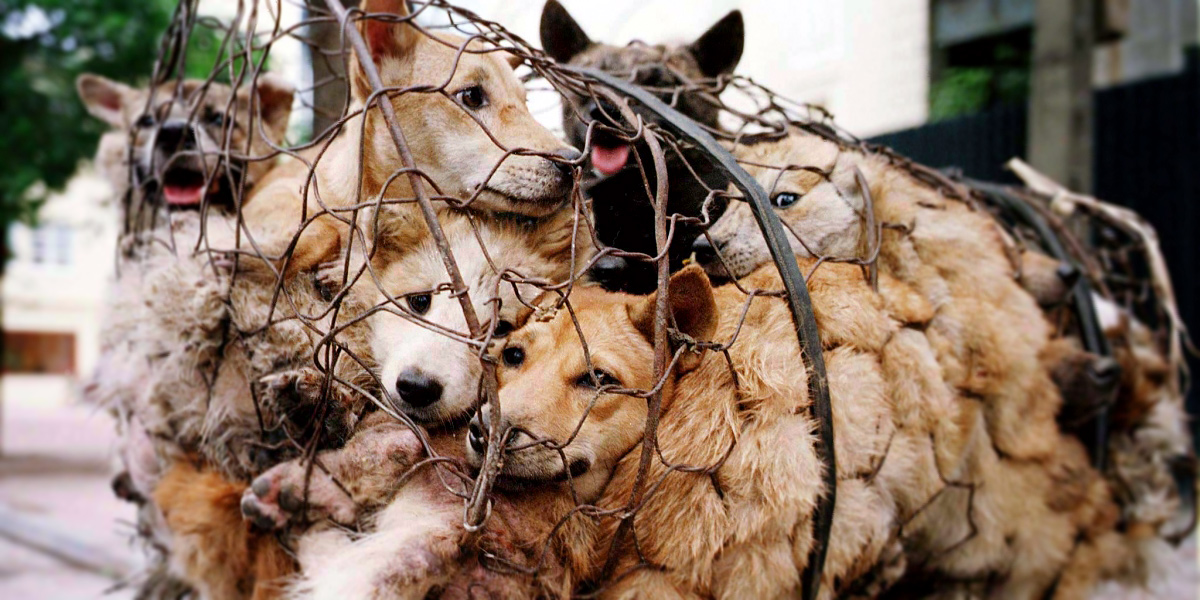
Lychee and Dog Meat Festival or Yulin Dog Festival is an annual event in China where thousands of dogs are slaughtered to be consumed by the locals. It has received millions of protests around the world for violating the rights of animals.

While dog-eating in China can be traced back to ancient history, the annual festival did not begin until 2010 to welcome the summer solstice. The Chinese people believe that dog meat is a harbinger of good luck and good health.
However, here are some other interesting tidbits about Yulin Festival:
It is illegal, even if China does not have a law protecting animal welfare. Amid the numerous proposals in Congress, no law protecting the rights of animals in China has been passed yet. However, many experts are confident that the dog-eating activities in the country are still illegal since many dogs are stolen, abducted, and tortured— as far as Yulin Festival is concerned.

Dog meat is not necessarily good for the health, despite being believed to bring good health. Because dogs are slaughtered and tortured with almost no hygienic measures during the festival, dog-eating can pose serious threats to one’s health. Moreover, most of the dogs are unvaccinated and rabies is a widespread worry in China.
10,000 canines were slaughtered this 2016. If this surprises you, well, this five-figure number is still relatively low compared to the 25 million dogs being killed and eaten around the world annually. However, if it is any consolation, about 10% of those 10,000 dogs set to be slaughtered for the festival were rescued.
Yulin Festival doesn’t officially exist. Many dog festivals prior to the Yulin Festival had already been banned. The Yulin government, however, has renounced the existence of the festival despite locals having organised the dog-eating gatherings over the years.